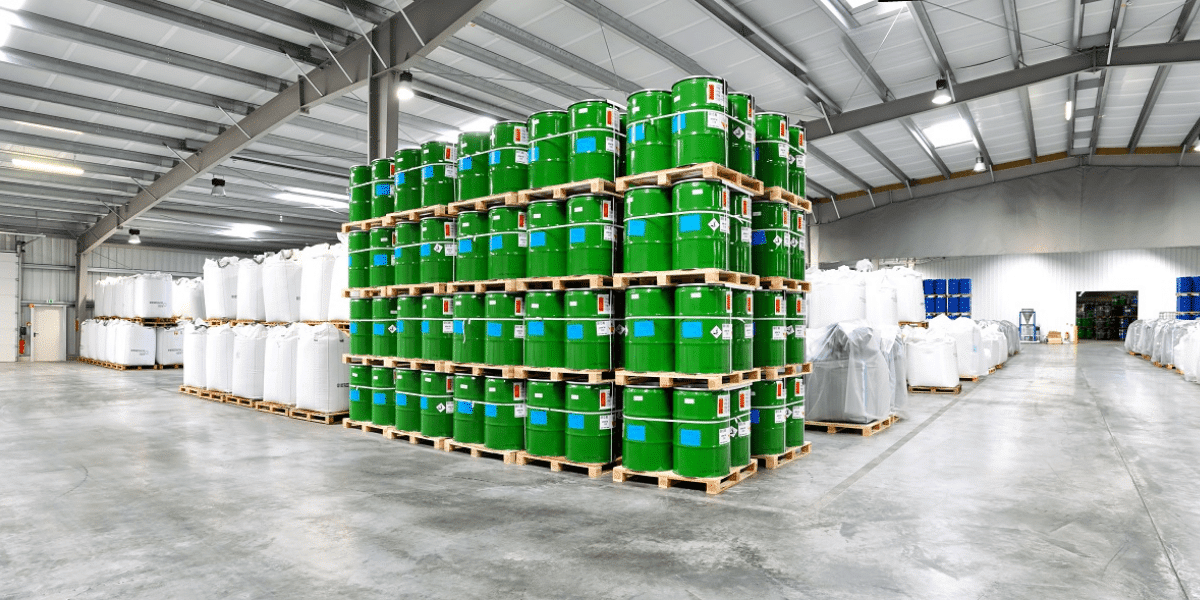Trichloroethylene, commonly referred to as TCE, is an organic man-made solvent that has been utilized in various industries for decades. However, TCE’s popularity is steadily decreasing as more businesses are becoming aware of the dangers this chemical poses to human and environmental health. Read on to learn more about the traditional uses of this solvent and why TCE exposure is bad.
Traditional Uses of Trichloroethylene
TCE has commonly been used in commercial and industrial settings for an array of applications. Here are some of the most popular uses for this solvent:
- Degreasing – Many companies all over the world use TCE as a degreasing agent to clean metal equipment and machinery. The solvent is particularly popular for vapor degreasing, since it is non-flammable and has a high boiling point.
- Refrigerant production – The solvent is also used in the manufacturing of hydrofluorocarbon (HFC) refrigerants.
- Extraction – In the textile industry, TCE has been used as an extraction solvent for the removal of waxes and oils from certain fabrics like wool and cotton.
The Dangers of TCE Exposure
It may come as no surprise that because it is a VOC solvent, TCE exposure can be potentially damaging to workers and may even affect others through contamination. These associated hazards have resulted in the banning of TCE use in many countries and recently in the state of Minnesota.
Listed below are some of the hazards associated with trichloroethylene usage:
- TCE is a known carcinogen that may cause liver cancer, kidney cancer, or lymphoma.
- At moderate levels, it may cause headaches, dizziness, fatigue, nausea, confusion, respiratory irritation, eye irritation, and loss of coordination.
- At high levels, it may cause neurological damage, changes to the endocrine system, unconsciousness, or even death.
- Additionally, the solvent has been found to contaminate groundwater and drinking water sources through improper waste disposal and industrial storage tank leaks.
Overall, TCE exposure may result in multiple health issues in workers and end up costing companies even more when they must comply with many regulations.
Luckily, many companies are switching to green solvent usage, especially for degreasing purposes. There are dozens of green options available for degreasing, from acetone-based to terpene-based solvents. These solvents are generally biodegradable, eco-friendly, safer for workers, and have fewer regulations on their usage.
Interested in Switching to Safer Industrial Chemicals?
Ecolink provides a selection of high-quality and eco-friendly industrial solvents. Many of our products are made to replace highly toxic solvents like TCE, ensuring the protection of workers’ health.
Browse our products by clicking here, or reach out to Ecolink staff here for help finding the best chemicals for your business’s specific needs!















